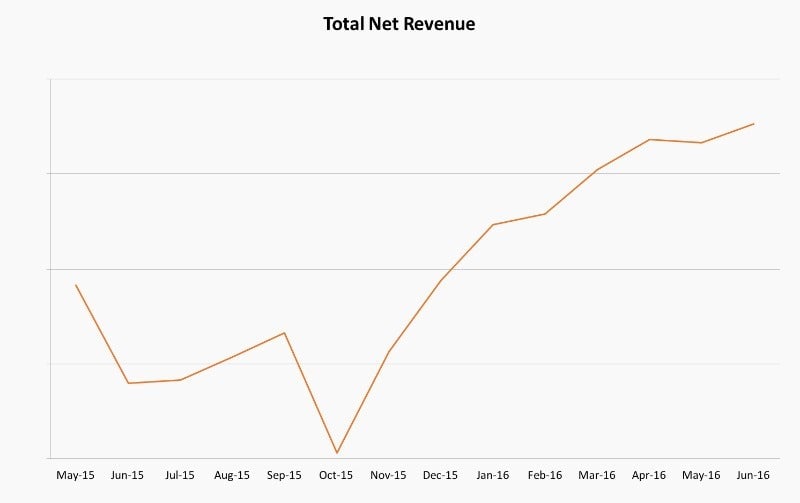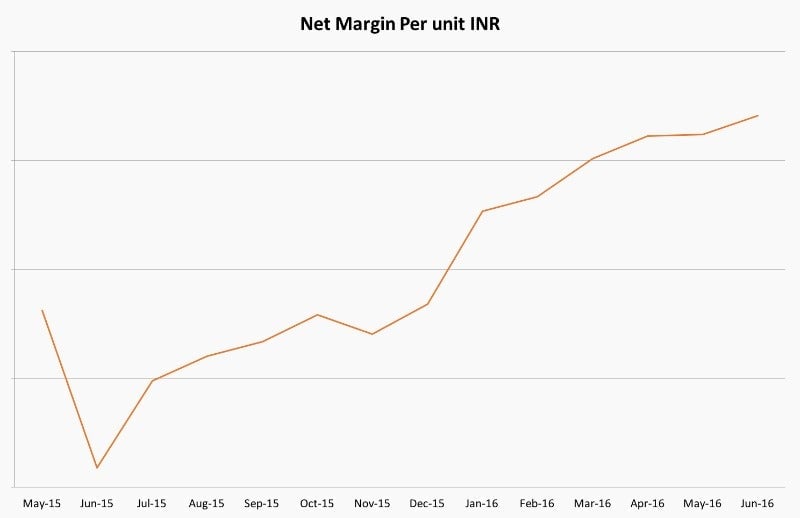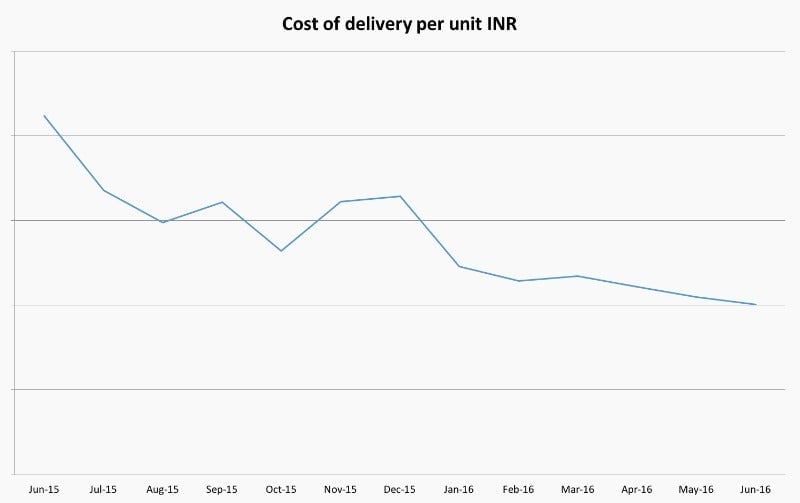Snapdeal’s co-founder declares an end to the company’s latest “tryst” with the skeptics
Over the last few months, valuations in India’s e-commerce industry have been widely accused of reaching unjustified heights amid the massive losses generated in the sector. Snapdeal has been no stranger to the skepticism. The company is reportedly struggling to raise funds at its preferred valuation while fighting to retain its position as the second-largest online retailer in the Indian market. Now Amazon plans to invest an additional $3 billion in India, which is expected to add to Snapdeal’s troubles.


Over the last few months, valuations in India’s e-commerce industry have been widely accused of reaching unjustified heights amid the massive losses generated in the sector. Snapdeal has been no stranger to the skepticism. The company is reportedly struggling to raise funds at its preferred valuation while fighting to retain its position as the second-largest online retailer in the Indian market. Now Amazon plans to invest an additional $3 billion in India, which is expected to add to Snapdeal’s troubles.
This isn’t Snapdeal’s first go-around with the doubters. By co-founder and chief operating officer Rohit Bansal’s count, the company has faced at least three waves of skepticism, dating back to the company’s earliest days more than six years ago. In a LinkedIn post titled “A Tryst with Skepticism—Round 3,” he argued that this round, too, shall pass:
All of us are hearing the voices again. ‘e-Commerce in India is dead’. ‘Flipkart is overvalued’. ‘Flipkart, Snapdeal and other homegrown companies are dying’. ‘When discounts disappear, consumers will disappear’ etc. Skeptics are having a field day this year—but not for long.
According to Bansal, the company had realized toward mid-2015 that it was “getting carried away by the euphoria and doing too many things we shouldn’t be doing.” But now it has a plan that should help counter the critics, he said.
Strategy
To win in the overcrowded Indian e-commerce market, Snapdeal has narrowed its focus to three key areas, which it believes will help it succeed: ensuring good customer experience, keeping costs low, and growing net revenue.
The approach has started paying off already, he said. Without divulging actual figures, he shared a few trends:



Snapdeal is the fastest among competitors in delivering orders, and in processing returns and refunds, Bansal added.
Snapdeal now measures its growth in terms of net revenue and “not some vanity metrics (like GMV),” Bansal said.
This dislike for GMV (gross merchandise value, or the total value of goods sold on marketplace) is a recent trend in the Indian e-commerce space. Until last year, GMV was the most widely accepted metric in the industry. However, in the recent months, both Snapdeal and its competitor Flipkart have said that the metric doesn’t say much about their businesses.
The question now is whether Snapdeal can find a more meaningful way of showing its progress. Sooner or later, the skeptics poring over those charts showing revenue, margin, and cost of delivery are going to need some real numbers.